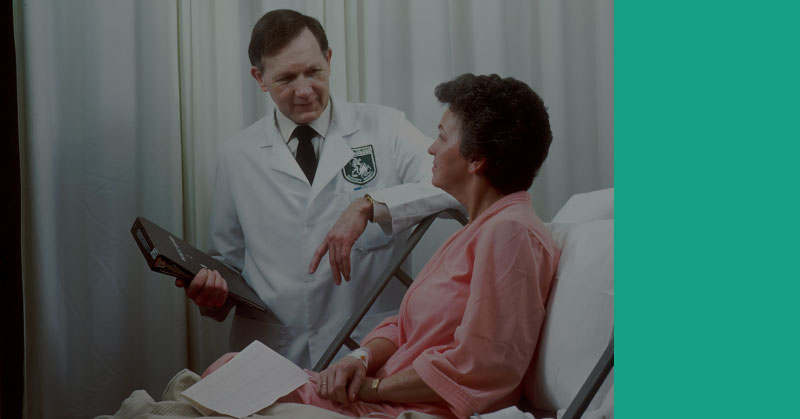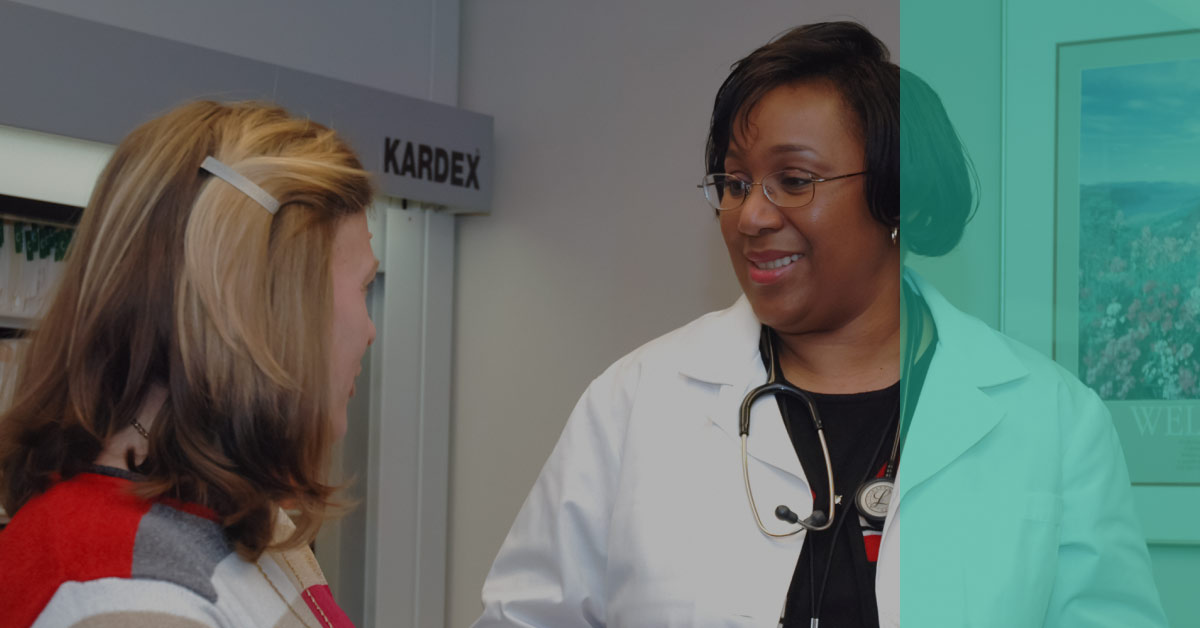- Award-Winning Medicine Application Support
- [email protected]
- +44 (0) 333 050 7764 (Mon-Fri 9AM-5PM)
Euthanasia, abortion, consent, capacity. Medicine covers a wide range of ethical issues, so here’s a section to make you a little more familiar with them.
Medical Interview Advice
Really? Another mailing list? Maybe, but we know you’re looking to smash your Medicine application so why wouldn’t you want…
Leave your email below and you’ll get:
You’re just one click away from making a great decision.
Application Guide Menu
Application Guide Menu
Recent Posts
Your medicine interviewers may be interested to hear your thoughts on the “future of medicine”. This is an intentionally vague question, so this guide will help you unpack what you need to know and focus your response to ensure you provide an effective answer.
The case of Alfie Evans was a heartbreaking one, but it also had major impacts on the field of medicine and how we consider things ethically. In this guide, we’ll explore the case and see how you may need to discuss it in your medical school interviews.
When studying medicine, the four pillars of medical ethics will influence the majority of what you do. One of these is Autonomy, which impacts how patients control their health care. This guide will explain what you need to know about this principle and how you may encounter it in your interviews.
As medical professionals, everything we do needs to be in service of our patients. This means our morality will always play a part in decision-making, so we have to consider consequentialism throughout. In this guide, we’ll explore more about this doctrine, including what it means and how it may come up in a med school interview.
Ethical questions in medicine interviews can be some of the hardest out there. You’ll be asked to weigh in on complicated topics that you may not know that much about and are often asked to offer definitive opinions. This is hard to do on the spot, but this guide will show you a great method to make this process easier.
Consent is important in any context, but consent in medicine is a major aspect of one of the key pillars of ethics. All doctors must respect the wishes of their patients when they are capable of making their own decisions, but this can lead to challenges along the way – as well as the question of how to measure someone’s capacity. This guide will explore the ins and outs of consent in medicine, including how you may be asked about it in an interview.
Medical negligence is an important topic to understand both during medical school and during your application. It’s a topic that you must learn to ensure you don’t put any patient’s life at risk, as well as your own career. It may be discussed in your interviews, so this guide covers what you need to know and how you could discuss it yourself.
Confidentiality is one of the most important principles for medical professionals to follow, but it’s not always easy or right to do so. In this guide, we’ll explore the intricacies of confidentiality in medicine and see how the topic may be brought up during your medical school interviews.
The questions to expect in a Medicine interview can come with uncertainty, which is why we have compiled a list of 240 example questions with 80 fully worked solutions!
Some medical schools want to see how you communicate in difficult situations. One such situation is giving bad news, a perfect test of empathy, listening and communication skills, as well as how to handle uncertainty and discomfort. However, if you ask most physicians, they find communicating bad news extremely stressful, so the question is: how should you approach this situation?

Your medicine interviewers may be interested to hear your thoughts on the “future of medicine”. This is an intentionally vague question, so this guide will help you unpack what you need to know and focus your response to ensure you provide an effective answer.

The case of Alfie Evans was a heartbreaking one, but it also had major impacts on the field of medicine and how we consider things ethically. In this guide, we’ll explore the case and see how you may need to discuss it in your medical school interviews.

When studying medicine, the four pillars of medical ethics will influence the majority of what you do. One of these is Autonomy, which impacts how patients control their health care. This guide will explain what you need to know about this principle and how you may encounter it in your interviews.

As medical professionals, everything we do needs to be in service of our patients. This means our morality will always play a part in decision-making, so we have to consider consequentialism throughout. In this guide, we’ll explore more about this doctrine, including what it means and how it may come up in a med school interview.

Ethical questions in medicine interviews can be some of the hardest out there. You’ll be asked to weigh in on complicated topics that you may not know that much about and are often asked to offer definitive opinions. This is hard to do on the spot, but this guide will show you a great method to make this process easier.

Consent is important in any context, but consent in medicine is a major aspect of one of the key pillars of ethics. All doctors must respect the wishes of their patients when they are capable of making their own decisions, but this can lead to challenges along the way – as well as the question of how to measure someone’s capacity. This guide will explore the ins and outs of consent in medicine, including how you may be asked about it in an interview.

Medical negligence is an important topic to understand both during medical school and during your application. It’s a topic that you must learn to ensure you don’t put any patient’s life at risk, as well as your own career. It may be discussed in your interviews, so this guide covers what you need to know and how you could discuss it yourself.

Confidentiality is one of the most important principles for medical professionals to follow, but it’s not always easy or right to do so. In this guide, we’ll explore the intricacies of confidentiality in medicine and see how the topic may be brought up during your medical school interviews.

The questions to expect in a Medicine interview can come with uncertainty, which is why we have compiled a list of 240 example questions with 80 fully worked solutions!

Some medical schools want to see how you communicate in difficult situations. One such situation is giving bad news, a perfect test of empathy, listening and communication skills, as well as how to handle uncertainty and discomfort. However, if you ask most physicians, they find communicating bad news extremely stressful, so the question is: how should you approach this situation?
unlock infinite medical wisdom
Just leave your email in the box and you’ll receive weekly updates and the best tips for your medical application!
unlock infinite medical wisdom
Just leave your email in the box and you’ll receive weekly updates and the best tips for your medical application!
Pay with confidence
Pay with confidence